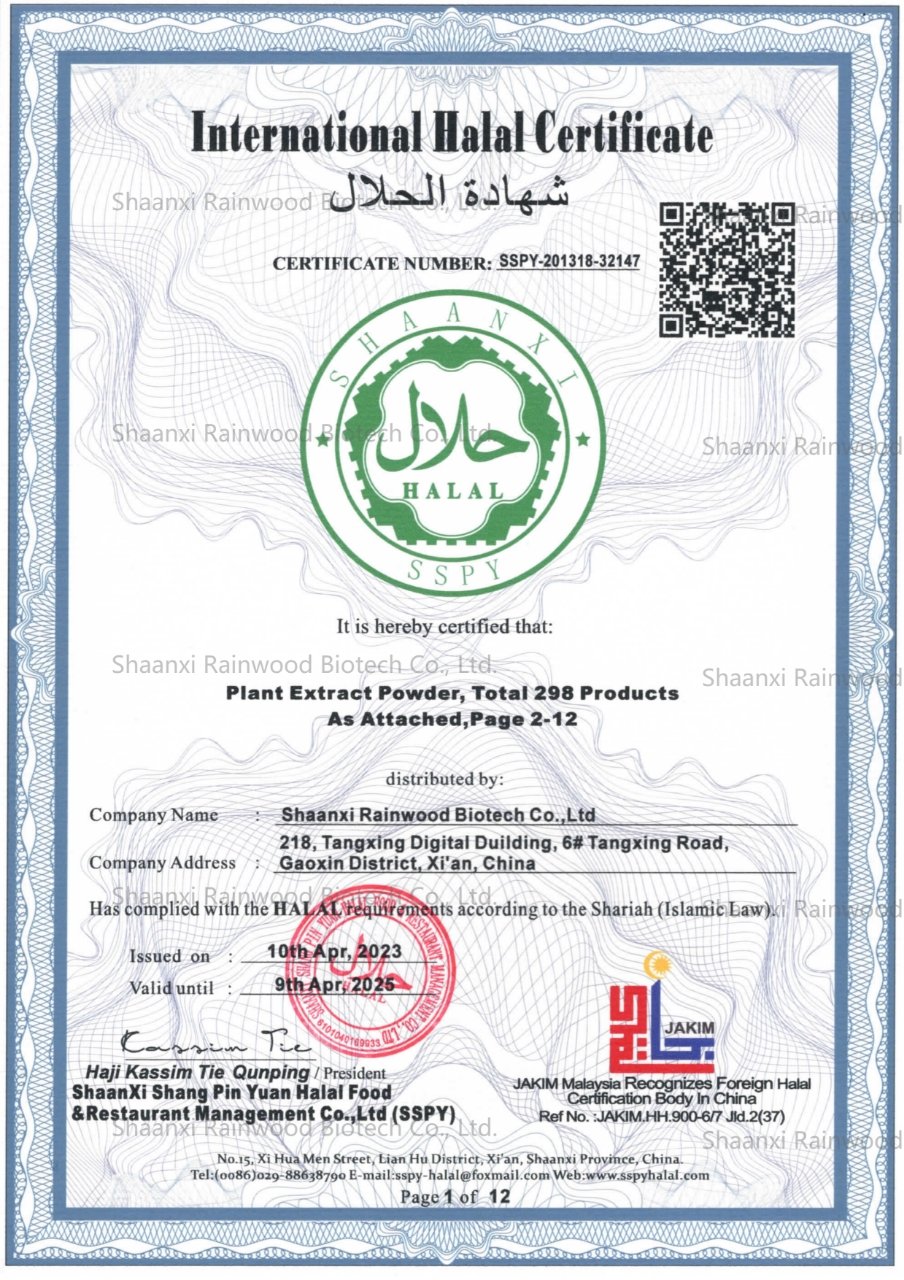Derived from barley grass, barley grass powder has emerged as a functional food, packed with a myriad of nutrients like protein, amino acids, fiber, vitamins, trace elements, and antioxidants. While its consumption within recommended limits and under appropriate conditions can offer numerous benefits, it’s essential to weigh the advantages against potential drawbacks.

Advantages of Barley Grass Powder
Rich in Nutrients
Barley grass powder serves as a nutrient powerhouse, boasting proteins, amino acids, fiber, vitamins, trace elements, and antioxidants. This abundance contributes to the holistic well-being of the human body, supporting various physiological functions.
Antioxidant Activity
The powder’s array of antioxidants plays a crucial role in combating free radicals, slowing down oxidative aging. By safeguarding cells and tissues from oxidative damage, barley grass powder aids in maintaining normal cellular activity.
Regulation of Blood Sugar and Lipids
Barley grass powder showcases the ability to regulate blood sugar and lipids, mitigating the risk of cardiovascular diseases and diabetes. Its capacity to inhibit starch enzymolysis helps in controlling blood sugar levels effectively.
Digestive Aid
With a notable fiber content, barley grass powder promotes improved digestion and absorption. Additionally, the presence of globulins contributes to enhanced immunity.
Anticancer Activity
Research suggests that barley grass powder exhibits anticancer properties, potentially preventing and aiding in the treatment of tumors. Its ability to inhibit cancer cell growth and enhance apoptosis showcases promise, offering potential benefits to cancer patients.
Disadvantages of Barley Grass Powder
Allergic Reactions
Individuals allergic to wheat or gluten may experience allergic reactions to barley grass powder, resulting in symptoms like skin rash, nasal congestion, and sneezing.
Antinutrient Factors
Barley grass powder contains antinutrient factors, including inhibitors affecting nutrient absorption and chelating agents binding with trace elements. This may diminish its nutritional value and absorption efficiency.
Side Effects of Excessive Intake
Exceeding recommended daily intake may lead to side effects such as constipation, nausea, vomiting, and diarrhea, potentially attributed to the fiber content affecting digestion and absorption.
Interaction with Medication
Consultation with a healthcare professional is advisable before incorporating barley grass powder into the diet, especially for individuals on medication. Possible interactions could affect the efficacy or lead to side effects.
In conclusion, while barley grass powder offers an array of benefits within recommended limits and conditions, awareness of potential adverse effects is crucial for maintaining health and safety.
Suggested Use of Barley Grass Powder
Barley grass powder proves versatile, suitable for incorporation into various foods, whether dry or rehydrated. Its natural, healthy flavor makes it an ideal substitute for sugar in baking, soups, meat, porridge, smoothies, shakes, or any dish requiring a vegetable boost. It seamlessly blends with protein powders for all-natural protein shakes and complements fresh vegetables in blends. As with any supplement, moderation is key, ensuring optimal benefits without risking adverse effects.



















